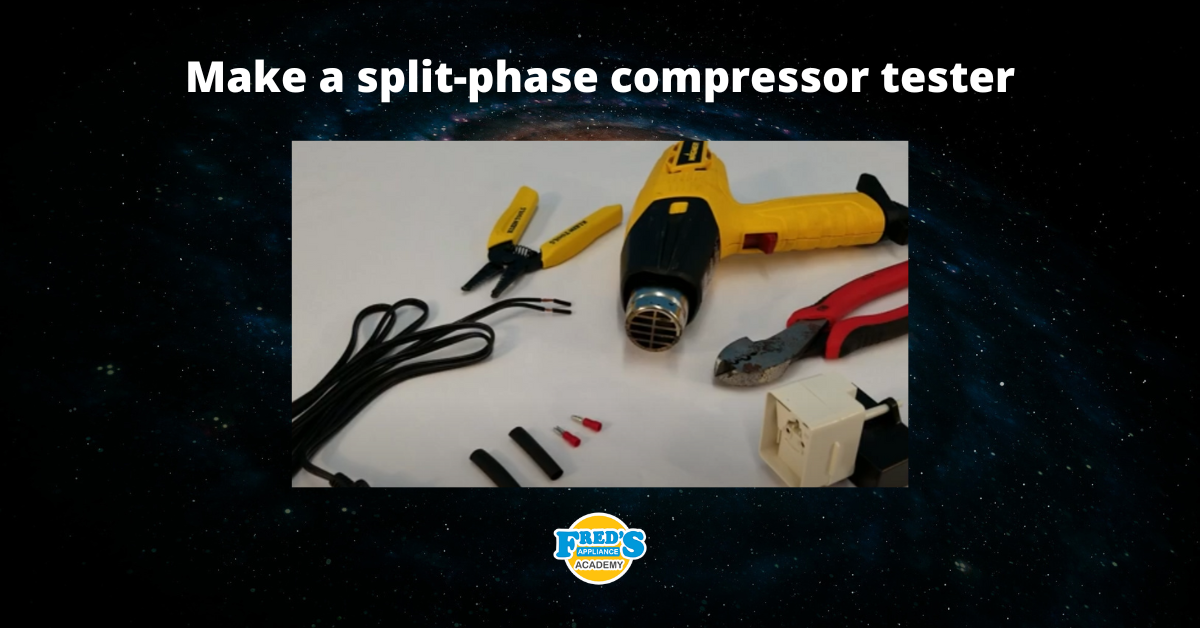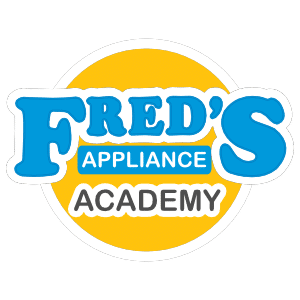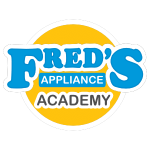
Every technician needs a toolkit, and all the skill in the world is no substitute for having the right wrench size when you need it. The contents of your tool kit can determine how effectively you can solve a repair, especially when things get tricky.
Today, we’re here to share some of the secrets of the trade that most technicians learn from experience and sharing expert tips with others who figured it out along the way. These tool kit gems can make a real difference when you’re elbow-deep in an appliance or when a much-needed screw falls into the housing.
1) Large and Small Magnet
It’s not common knowledge, but a simple magnet is a repair technician’s best friend. Magnets can be used to hook a tool to the side of an appliance, to hold screws when there’s no available surface or cup, and to fish screws out of hard-to-reach places by hooking them with the magnet.
Consider having both a large strong magnet and a small medium-strength magnet in your toolbox, preferably with a keychain hole so you can hook and dangle them as well as stick them directly to what you need.
2) Long Chain and Length of String
Speaking of dangling magnets, it’s always useful to have something long and flexible on hand, just in case. A magnet at the end of a nylon string can fish out magnets, or looped it may be able to reach a hard-to-reach latch. A chain with a hook is the most common tool for fastening the folding lid of an appliance open so that it does not fall shut or too far the other direction. This is actually a variation of an old electrician’s trick for running wire behind walls.
3) Screwdrivers with Magnetic Tips
You likely already have a great screwdriver set, but make sure that your screwdrivers or your socket screwdriver set feature slightly magnetic tips. There is no end to the usefulness of a magnetic screwdriver, especially when you’re dealing with very small screws or awkward mounting bracket angles.
The magnetic tip of the screwdriver holds lightly onto the screw so that it does not fall, even if your grip or alignment slip while twisting to fasten or unfasten.
4) Socketed Nut Driver Set
The one thing that a repair tool kit needs that most home tool kits do not have is a nut driver set. A nut driver is like a screwdriver only it handles nuts and small bolts rather than screws with a cross or slot to drive. Be sure you have a nut driver set in your kit to handle those fastening screws that were not meant for everyday residents to access.
5) Bubble Level
Most think of the bubble level as a carpenter’s tool. But one of the most commonly overlooked problems with a malfunctioning appliance is simple that it’s feet are not level. An unlevel washing machine shakes and makes terrifying noises. A washing machine that is not level is more prone to leaking.
So keep a small bubble level in your took it to take care of this quick troubleshooting step.
6) Silicone Jar Opener
Last but not least, it’s surprisingly helpful to have a medium-sized silicone jar opener in your kit. In the past, a hand towel would have taken this place, and hand towels are still very useful kit items. However, the silicon hand towel slices and dices, so to speak.
With a square of textured silicon, you can pry open touch bolts, improve the grip on your tools, safely grip a sharp edge, and safely handle equipment that has overheated. It’s a very useful addition to any technician’s toolkit—If you want to learn more about appliance repair and working with tools, Fred’s Appliance Academy is an acclaimed source of both information and the tools you need to get started. For more information or to sign up for an appliance repair course, contact us today!
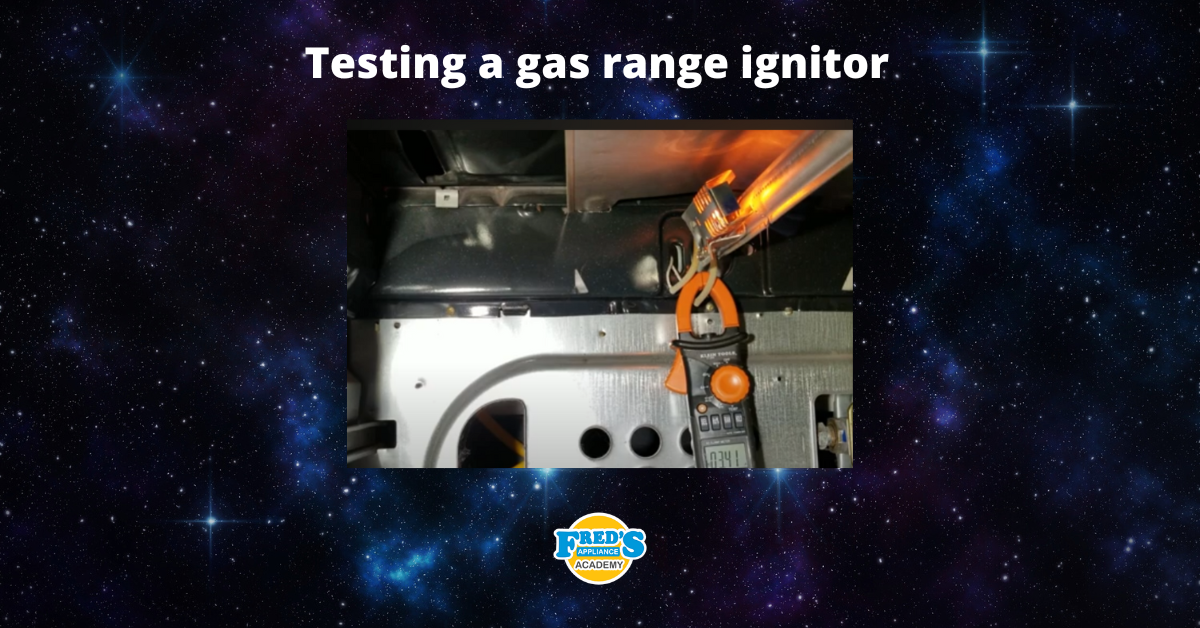
How to test a gas range ignitor

Congrats to our graduating March 2024 class

How to test a 120 volt receptacle

Congrats to our graduating February 2024 class
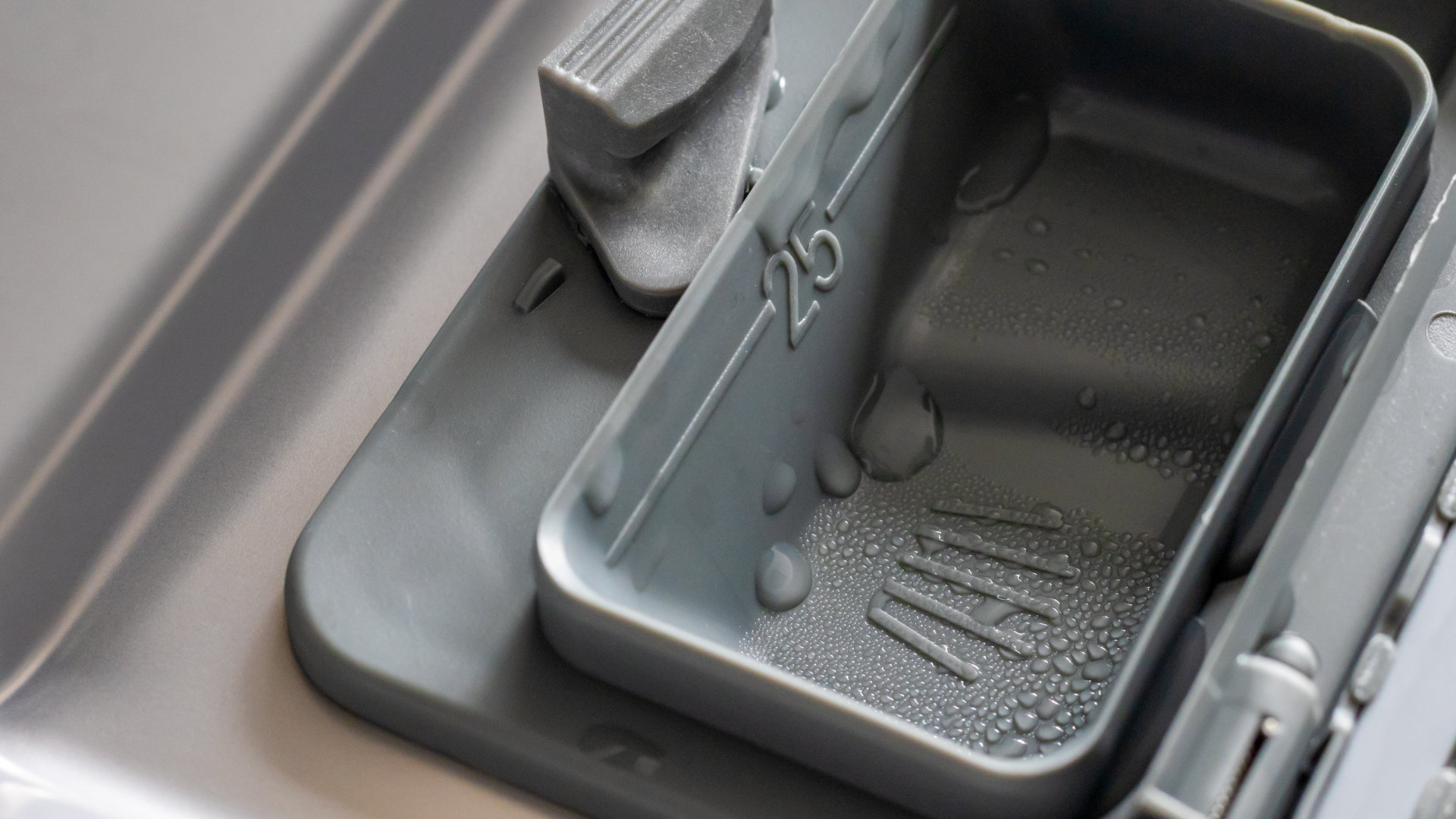
Why Is Your Dishwasher Soap Not Dissolving? (5 Easy Fixes)
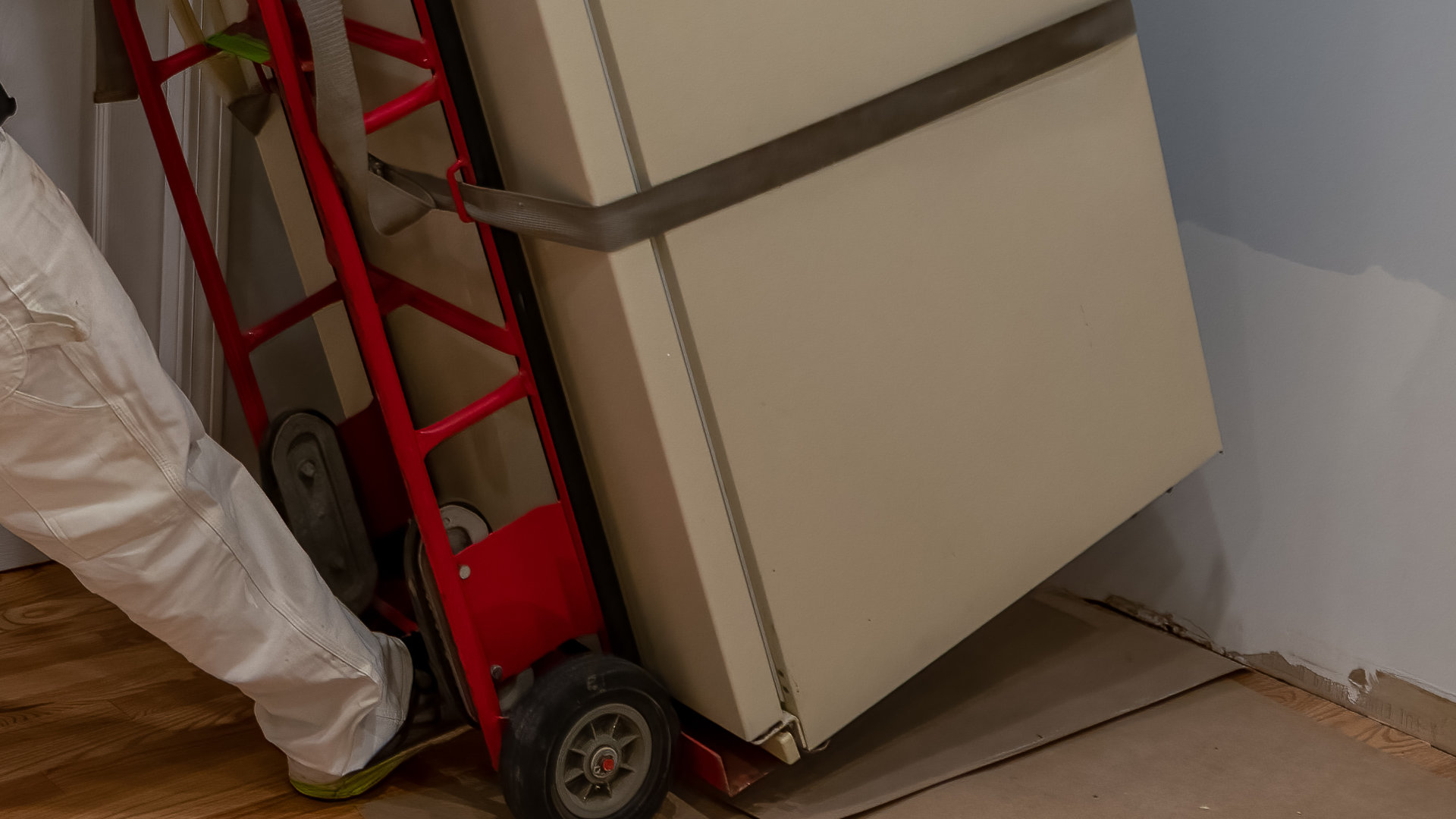
Refrigerator Dripping Water Inside? 5 Quick Fixes

Appliance Industry 2023 Q4 Results

Congrats to our graduating January 2024 class
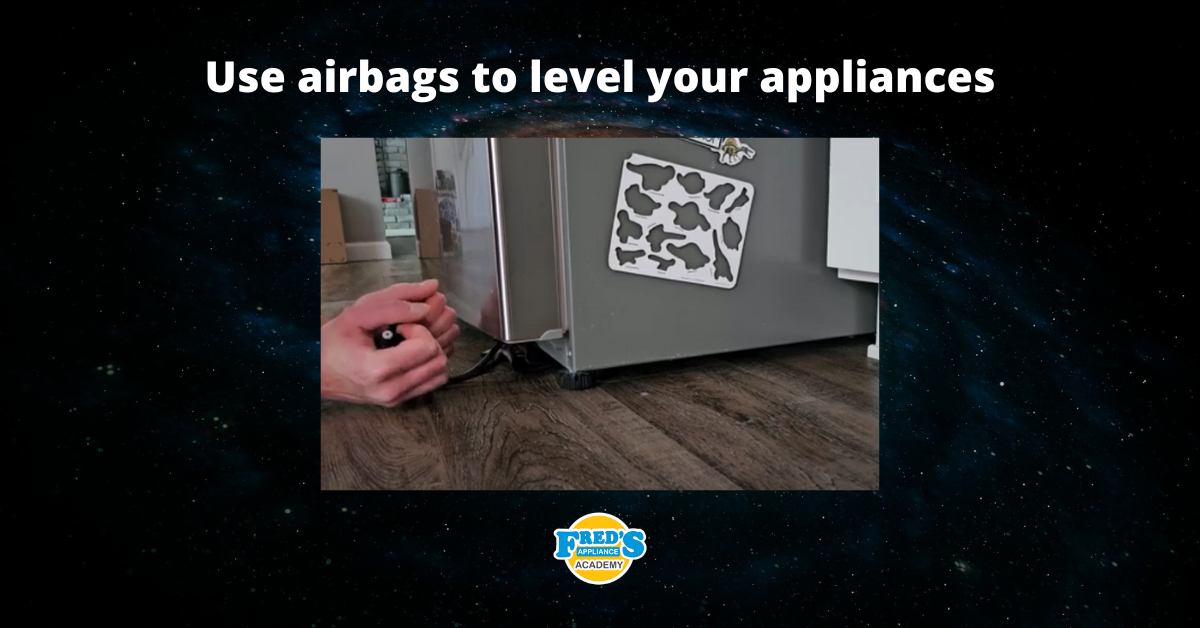
Clever ways to use airbags to level your appliances
